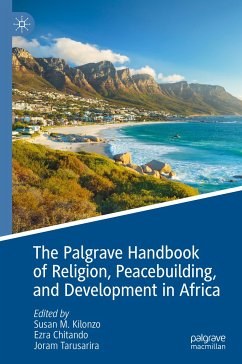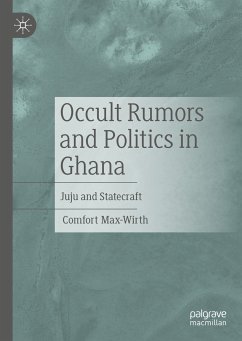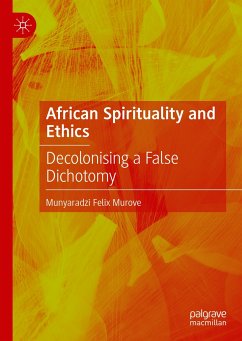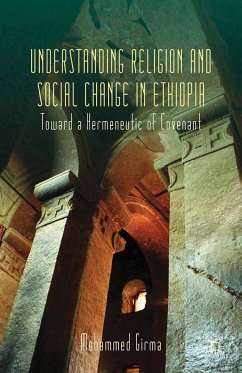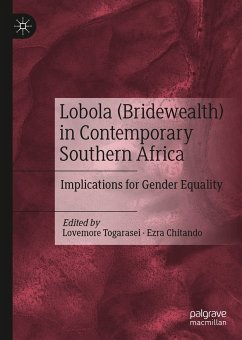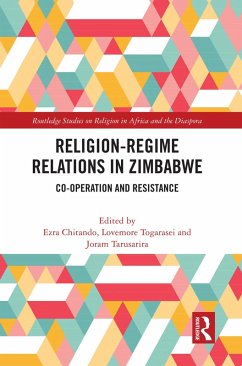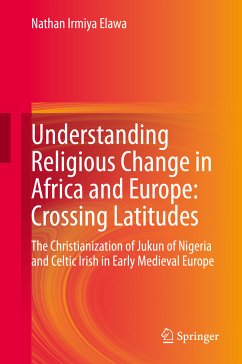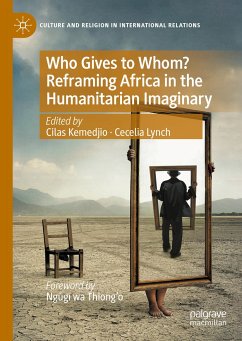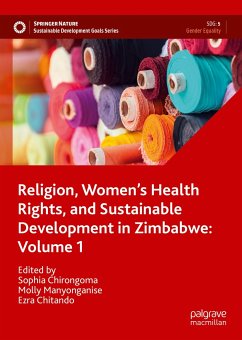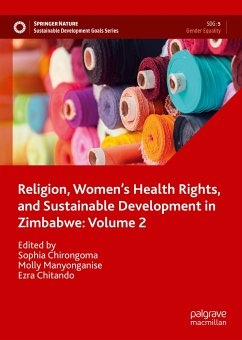
The Palgrave Handbook of African Traditional Religion (eBook, PDF)
Versandkostenfrei!
Sofort per Download lieferbar
216,95 €
inkl. MwSt.
Weitere Ausgaben:

PAYBACK Punkte
108 °P sammeln!
The Palgrave Handbook of African Traditional Religion interrogates and presents robust and comprehensive contributions from interdisciplinary experts and scholars. Offering a range of perspectives and opinions through the prism of understanding the past about African Traditional religions and, more importantly, capturing their dynamics in the present and projecting their sustainability and relevance for the future, this volume is an essential resource for knowledge and understanding of African Traditional religions in the global space of religious traditions.
The Palgrave Handbook of African Traditional Religion interrogates and presents robust and comprehensive contributions from interdisciplinary experts and scholars. Offering a range of perspectives and opinions through the prism of understanding the past about African Traditional religions and, more importantly, capturing their dynamics in the present and projecting their sustainability and relevance for the future, this volume is an essential resource for knowledge and understanding of African Traditional religions in the global space of religious traditions.
Dieser Download kann aus rechtlichen Gründen nur mit Rechnungsadresse in A, B, BG, CY, CZ, D, DK, EW, E, FIN, F, GR, HR, H, IRL, I, LT, L, LR, M, NL, PL, P, R, S, SLO, SK ausgeliefert werden.
Alle Preise in Euro und inkl. der gesetzl. MwSt. | Innerhalb Deutschlands liefern wir preisgebundene Bücher versandkostenfrei. Weitere Informationen: bitte hier klicken
Support
Bitte wähle dein Anliegen aus:
Rechnungen
Bestellstatus
Retourenschein
Storno



